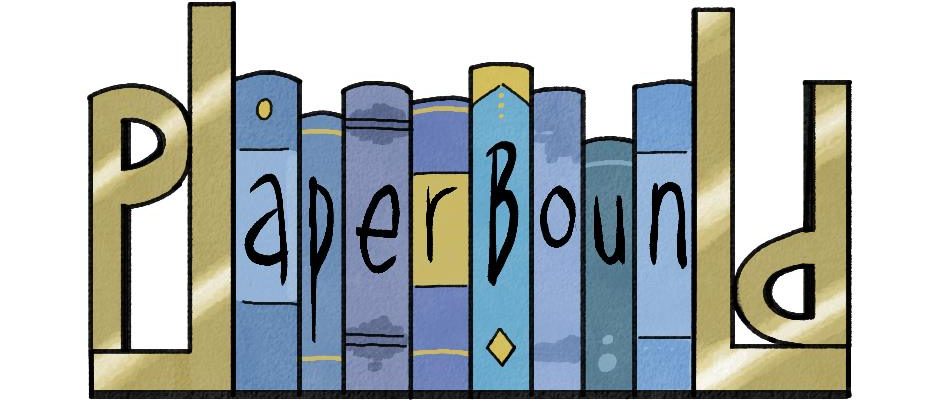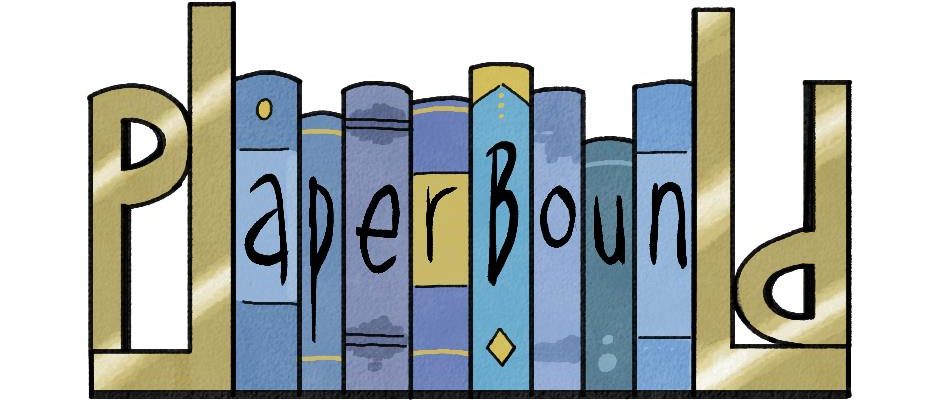We are delighted to share an interview of Shanti Hershenson in conversation with Cailey Tin. Shanti Herhenson is a teen author who has published a number of books, from science fiction novels to a book told in poetry.
Here, she discusses her creative writing process, how she overcame bullying by using writing as an outlet, becoming a social media star, marketing her own books, and making a name for herself in the publishing world.
Being a teenager is tough, but she wrote around all of these obstacles and that inspires so many aspiring young creators today.

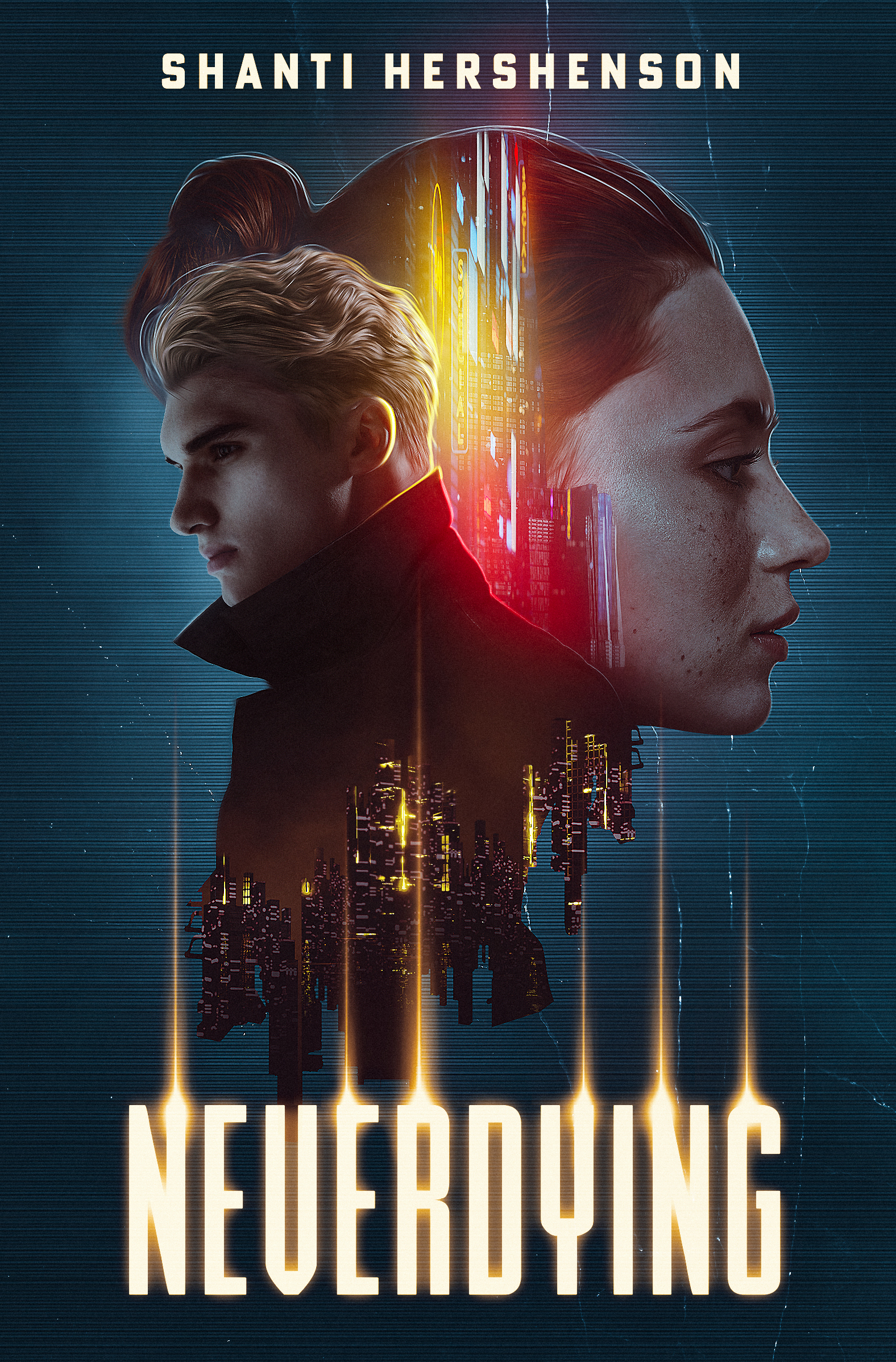
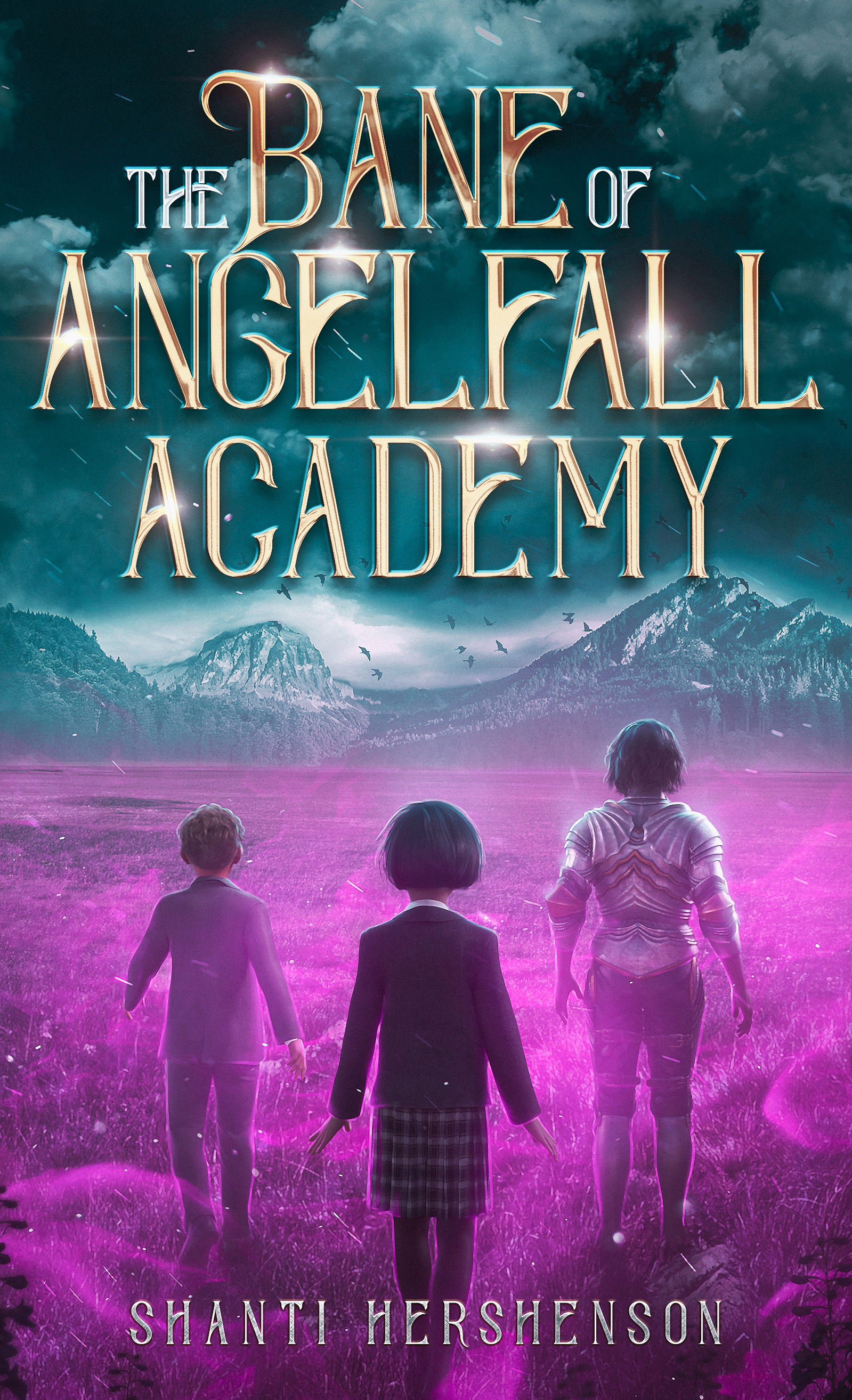

Shanti, thank you for taking the time to answer some burning questions. I’ve read that you’re in the process of publishing your thirteenth book, entitled The Bane of Angelfall Academy. Can you tell us what it’s about?
Sure! The Bane of Angelfall Academy follows a girl called Devan and her parents are both famous writers. She’s sent to a futuristic boarding school for the most talented authors, because her parents help fund the school, and it’s this nepotism thing. [Devan] loves to write, but with a lot of pressure to overcome, she feels like she’s not good at it. Then suddenly, characters from her book bleed into her reality and beg her to finish her story. Now she has to deal with this, along with navigating the student body and the twists and turns of the school. When her characters come to life, Devan realises that she has not only a novel to write, but a world to save.
When you’re writing these characters, how do you write real humans that feel alive and resonate with you?
Any character that is three dimensional doesn’t exactly have to be well-rounded, but they need to have advantages and weaknesses, including positive and negative things about their personalities. I think we need to have their future in mind to shape these characters. Some of them have my feelings poured into them, but not all, because every character can’t be like me. I enjoy using character sheets sometimes, because even if some [information] will not be in the book, at least we know things that can be brought up if needed.
Most of your books are fantasy and science fiction, which is your favourite genre. What makes you love this genre more than others?
When I was a kid, I was introduced to many science fiction books. I loved the story of a cat who was a stowaway in space. The idea of technology and the future was something I was naturally drawn to. At an early age, I was introduced to Star Wars. My first books had robots that I loved. With fantasy, I enjoy exploring new worlds and escaping reality in any brand-new place.
What is your favourite book that you wrote? Out of all the stories you’ve penned, have you ever gotten the feeling like, ‘If I could be known for any story, this is what I would want to be known for,’ and why?
I have three books in mind. First would be The Bane of Angelfall Academy because of the plot points that were so difficult to tie together that I almost scrapped it, and I thought, ‘Man, this is my worst book.’ But during the editing process, I grew a love towards it. Otherwise, Neverdying is probably the best book I’ve published. It was a breakthrough for me when my writing improved and so did my storytelling skills. It felt like it was written by an adult, and I thought, ‘Did I actually write this? That’s crazy!’ The other book, not yet published, was what I wrote in winter, and I only have a few social media posts on it but it’s so good, it’ll probably come out in early 2024 because it’s a super long one to edit.
Your novel told in poetry, entitled You Won’t Know Her Name, perfectly shared your struggles with bullying, and it tells your real-life story as the victim of incredibly harsh bullying, which included sensitive topics. How does your poetry process differ from writing novels? Especially with difficult topics?
I did a thousand words of poetry every single day, which was about ten poems. They’re in chronological order that explain what happened [in my experience]. Some are more poetic while others are rough, but that’s okay, because the story is rough. That book was one of the hardest to write, not because the process was particularly challenging, nor because I struggled with writer’s block, but I always woke up telling myself, ‘Why are you writing this? This is a bad idea, just stop.’ That was my daily thought process, which was wrong.
You’re such a strong advocate of anti-bullying. How was writing something that guided you with life’s challenges, as reflected in your poetry book?
Poetry, and specifically shorter stories have been an outlet for my emotions. I write about things that upset and scare me, it’s a great way to lift a weight off of my chest, just getting it on paper. In the aftermath of being severely bullied, I really wanted to get the story out. I didn’t want to keep it in. Writing was a way I could process things, maybe share it with other people.
The situation was ridiculous and originally I wanted to write it as a novel, like a non-fiction of me going through the [bullying] events and sharing what I wish I could’ve said in those moments. I barely got through the second chapter. Another idea was a fiction, almost reminiscent story, and the other one was a standpoint of how I was surviving and coping afterwards. None of those ideas worked; my big problem was that I can’t use anyone’s names because I don’t want to get sued, nor call people out. I didn’t want to change the names because it felt less personal.
In the end, I realised poetry is perfect because it plays such a big role in my story, which was cool because it’s about poetry, and actually poetry.
When I was checking out your other novels, what specifically stood out to me were the blurbs. Just how concise, well written, and closely woven to the story they are. When you’re beginning your story, do you already have a blurb in mind? Or does it flow to you naturally, how do you navigate that?
Most of the time I don’t write the blurb until the halfway mark, which I did with my first book, Biome Lock, when it was time to promote it. But it really depends on the book, whether they’re challenging. Sometimes it takes multiple revisions and I let someone read through them. Other times it’s a first draft, then I’ll read it through and there is nothing to fix. With a few stories, my ideas completely change at the halfway mark. I have a weird writing process where sometimes I only know little plot points to piece together as the story goes on, then it slowly falls into place.
What are some key aspects of storytelling that you really want to focus on in your work? Whether that be character development or plot points, what do you focus the most on?
I feel you can’t have a good book without strong characters. It needs to be a character-driven story, I’m more of a character writer myself because I need to focus on their journeys. I love a strong plot, but the most underrated and overshadowed thing is the setting. I’m a sucker for vivid locations, and I strive to focus on it more.
How do you balance relationships, school, and all these other things with your passion for writing?
I had to learn a ton of time management skills that I didn’t have before. Thankfully, I’m allowed to write on my school computer during homeroom. I do as much writing as I need at home, then I’ll do schoolwork. If I have lots of schoolwork, then I do thirty minutes of that and alternate it with writing. My goal is one thousand words a day, but lately I’ve been averaging two thousand words. Learning to switch from these two was a helpful, valuable skill.
That sounds incredibly motivating. With all the passion you’ve been putting into writing, what was the exact moment where you felt like you wanted to be a writer?
In elementary school, I thought that writing books when I was older would be cool, but I wrote short stories then while thinking, ‘Maybe when I’m an adult I could write a full-length novel.’ The time I discovered that I could make this a career as a teenager was in sixth grade, when I penned two novellas with a friend, and we self-published them through Amazon KDP. They didn’t sell well, so I returned to short stories thinking, ‘I can’t write a full book and become successful.’
But one day, my family and I were at the beach, it was getting dark, and I was wondering what to do because I was very bored. I thought of watching movies or playing video games, but it felt boring. I told my sister, ‘It would be cool to write a book and say that I made it, but what would I do though?’ Then I got the idea of teenagers stuck in these biomes and they couldn’t move, and over time, that became my current four books, one of the first in the series being Biome Lock. There was a crossover novel, so in total that would be five books.
Who was your biggest inspiration when you began writing? Whether it be a popular author, famous person, close friend, anyone?
I always stop every time I get that question because it’s changed so much. There are authors of the books I’m currently reading, but then that would be such a long list. One of my inspirations is my younger self, particularly in fourth grade, because I was always creating stories. I love the idea of my younger self seeing me now and going, ‘Oh my gosh, we made it!’ Funnily enough, I’m currently working on a screenplay for school about a famous author who gets to meet her younger self.
Let’s talk about book publishing and marketing. It’s filled with overwhelming things where we have to stop actually writing in order to market. Were there particular resources that helped you through it?
Sometimes marketing is harder than writing itself. When I began writing my book, I thought, ‘These have to be successful. As a teenager, I need to make a name for myself.’ I had moments where I’d stay up really late and wonder if my work would pay off one day. I read all these blog posts that gave me lists of markets before I needed them, and that was helpful.
I began posting on TikTok, and it blew up for me. Editing Biome Lock was a challenging editing process, and during it, I ended up writing a series of novellas that got published before it. With those books, I experimented with marketing tactics as I did giveaways, and from there I kept going. Now I have a concrete plan on what gets sales, what doesn’t, and the only way to make books successful is to keep trying new things.
Sometimes the industry makes you want to focus on a specific type of book. How do you manage these expectations while still staying true to what you love writing?
If I’m writing something because other people want it, then it wouldn’t be as great. Fan service is awesome and I like putting little things in my book that readers suggest, but only when I agree with it. People push for mature scenes in my books all the time, but I ignore it because it isn’t my genuine work. I think people who write more mature books are cool, but I’m fifteen; I don’t want adults to read books that don’t stay true to my audience.
Some reviewers go, ‘When is it gonna get spicy?’ but it’s a young adult novel and I also need to stay true to myself. There’s a lot of pressure on authors to stay in one genre and stick to that, but I want to experiment with a variety of books, which means having more readers and reaching more people. I want to write books targeted to teens, then also kids, too.
You’ve been consistent with social media posts, with over fifty thousand followers on TikTok. How do you continue doing something that can get extremely draining, and not let it affect your mental health?
Tiktok is one of my biggest resources for marketing, but it’s also a struggle. For every one hundred comments that are nice and supportive, there’s a rude person. Although I don’t get that many hate comments, occasionally some are pretty mean. There was an incident where someone uploaded my TikTok for free in a compilation with other TikTok videos related to books and writing, but they misspelled something in the caption and everyone thought it was me who wrote it. They absolutely came for me! Luckily that’s all sorted out now.
How do you convert negativity and experiences like this into art, and into your stories?
I remind myself that every successful writer faces criticism. In every book signing, there are questions asked [regarding] how to deal with negative reviews, and every author’s answer varies. But for me, when the review is constructive, then I’ll apply it to my next book and forget about the first, because it’s already published after all. It’s also important to remember that people like different things, and sometimes they’re not even part of your target audience, so no book like yours would appeal to them. We have to focus on the positive people, and make their voices louder than the negative ones.
Last question. This is such a cliché one, but seriously, what is the most valuable advice you could give another young, emerging author, specifically your younger self?
Okay, I can get pretty corny and cliché about this too. Don’t let your age get in the way of your dreams. Don’t join the military when you’re ten years old, though! But for things like writing, you’re never too young or old to create a book. When you’re four, you can still scribble on paper, make a children’s book. A lot of kids that are twelve, thirteen, fourteen, or fifteen, you start discovering what they want to do. Sadly, many of them are told that they’re too young. But with enough practice, a thirteen-year-old can write better than an adult. A tip that goes along with this is try to write every day. If you miss one day or more, that’s totally fine, but just attempt to. Forming a routine trains your brain and helps you get into the author habit. You’re testing out new territory and improving with every passing sentence, so start early and be consistent.
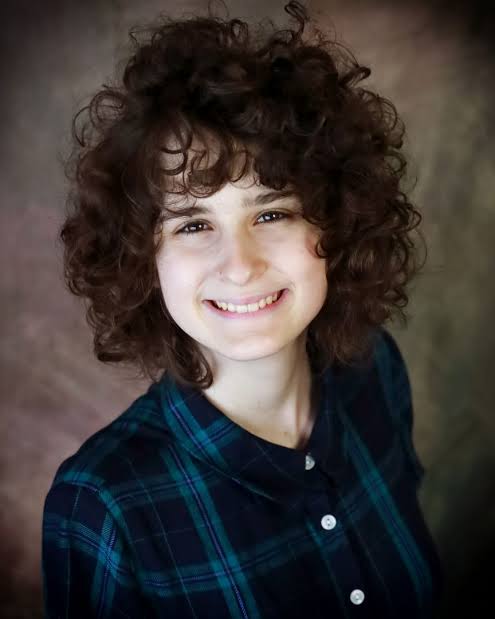
Shanti Hershenson’s first two novellas were published when she was in the sixth grade, although her writing journey started long before then. Ever since she could hold a pencil, marker, or crayon, she was creating stories. They started from pictures, mere scribbles, and eventually, turned into captivating tales.
She lives in California with her parents, sister, and furry friends. Besides writing, she enjoys skateboarding, Beyblading, free-running, falconry, and of course, reading.
She writes in a variety of genres, including Science Fiction, Fantasy, and Historical Fiction, although she mostly sticks to Sci-Fi.
She advocates for anti-bullying, and you may find her at open mic-nights, performing her spoken word poem Needles & Thorns, which is about the struggle of bullying in middle schools.
About Cailey:
Cailey Tin is a mixed-raced staff writer and podcast co-host at The Incandescent Review, and an interview editor at Paper Crane Journal. Her work was awarded by Spillwords Press and published in Fairfield Scribes, Globe Review, Alien Magazine, The Inflections, and more, under the pen name Cailey Tarriane. During her free time, she plays the piano or watches children’s shows with her dog.
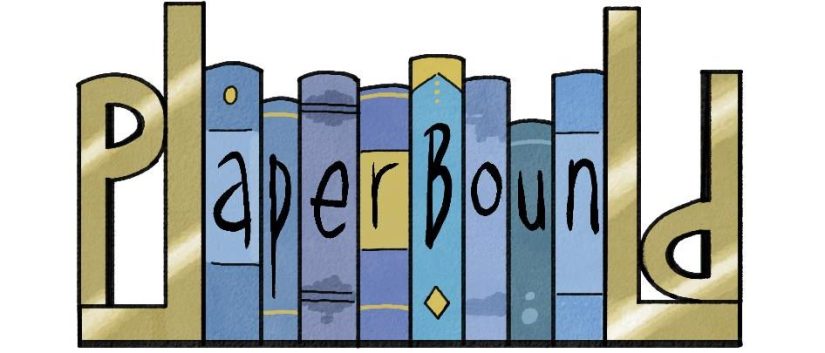
PaperBound Magazine is an online magazine for the young, and the young at heart. We are dedicated to showcasing authors and illustrators for children’s and young adult fiction and we strive to deliver inspiring content, uplifting stories, and top tips for young and aspiring writers yet to burst on to the literary scene.
All our issues are completely free and run by volunteers, however if you would like to support PaperBound and the work we do, you can help us out by buying us a virtual book. We appreciate any support you can give us!
Don’t forget you can catch up with the latest issues of PaperBound Magazine here.
